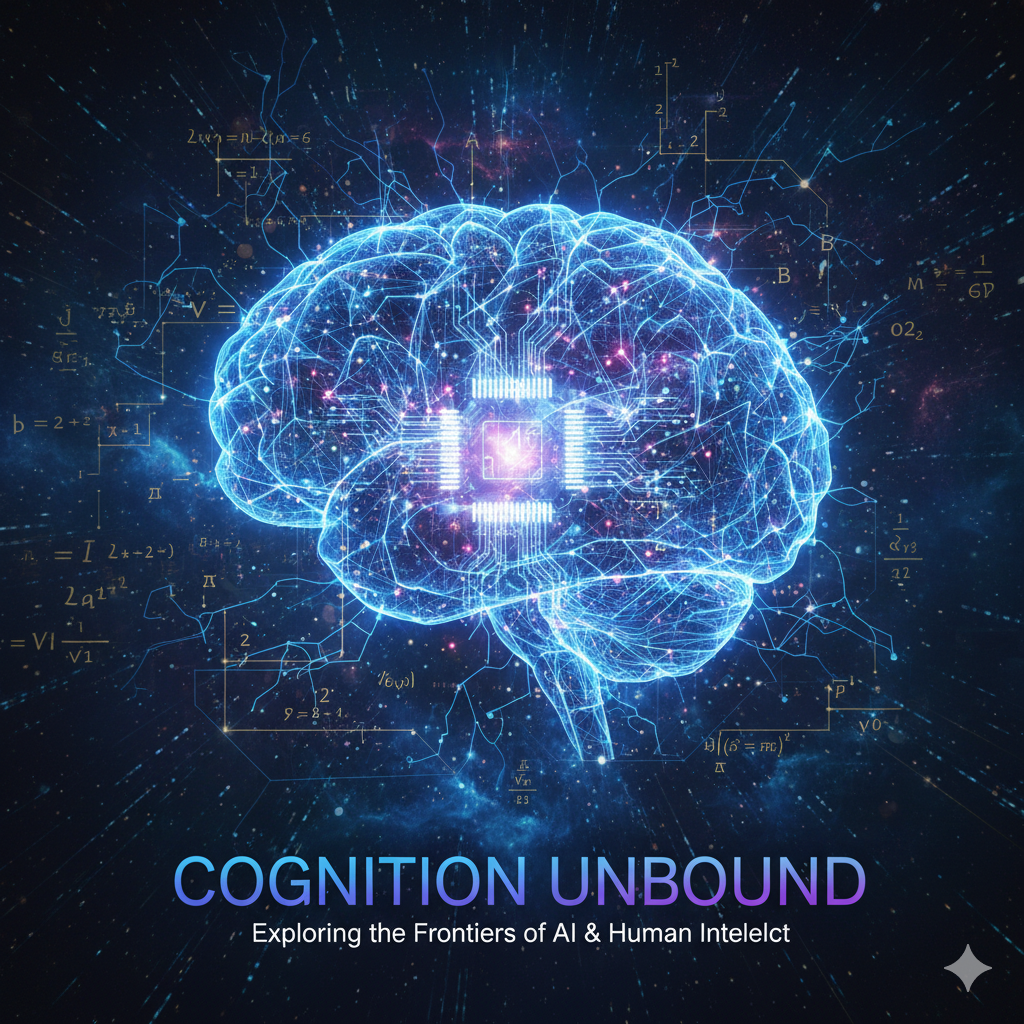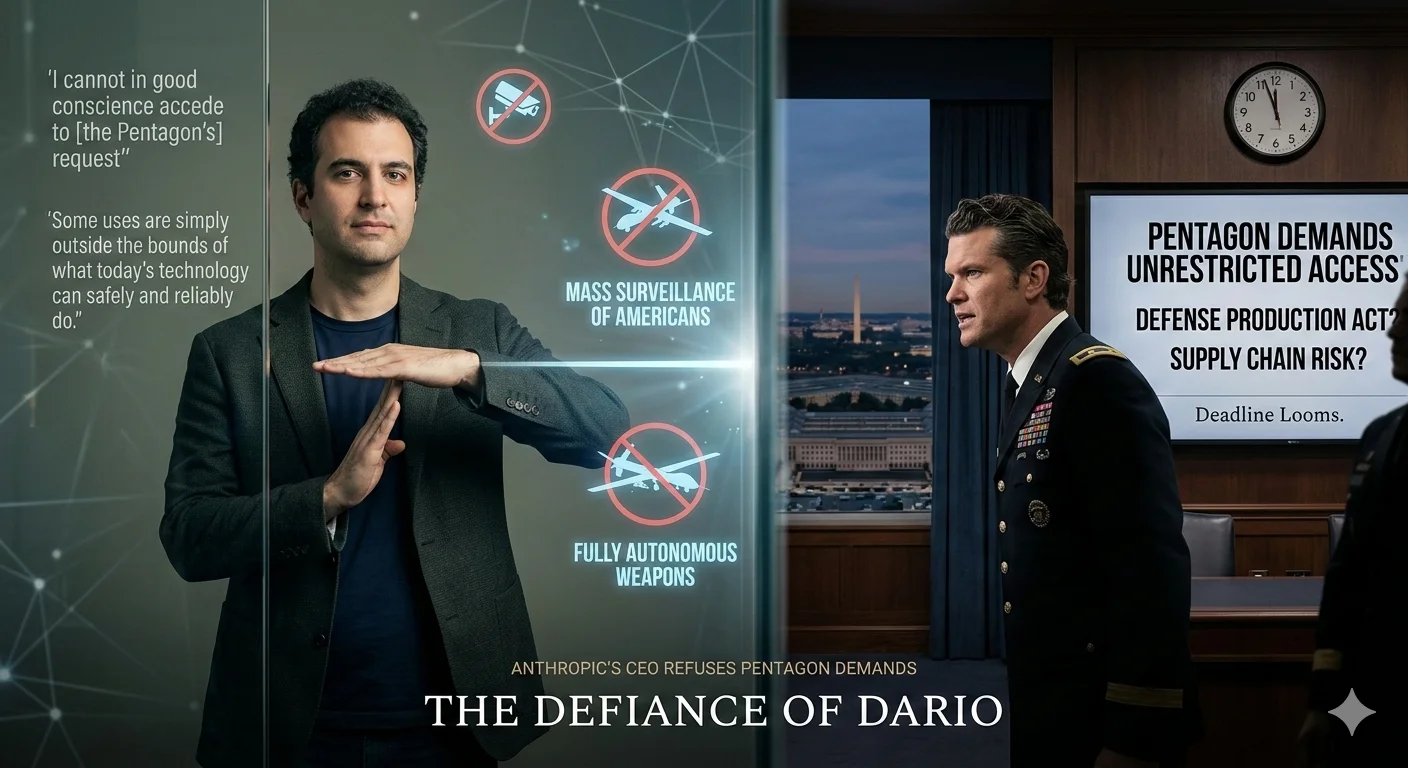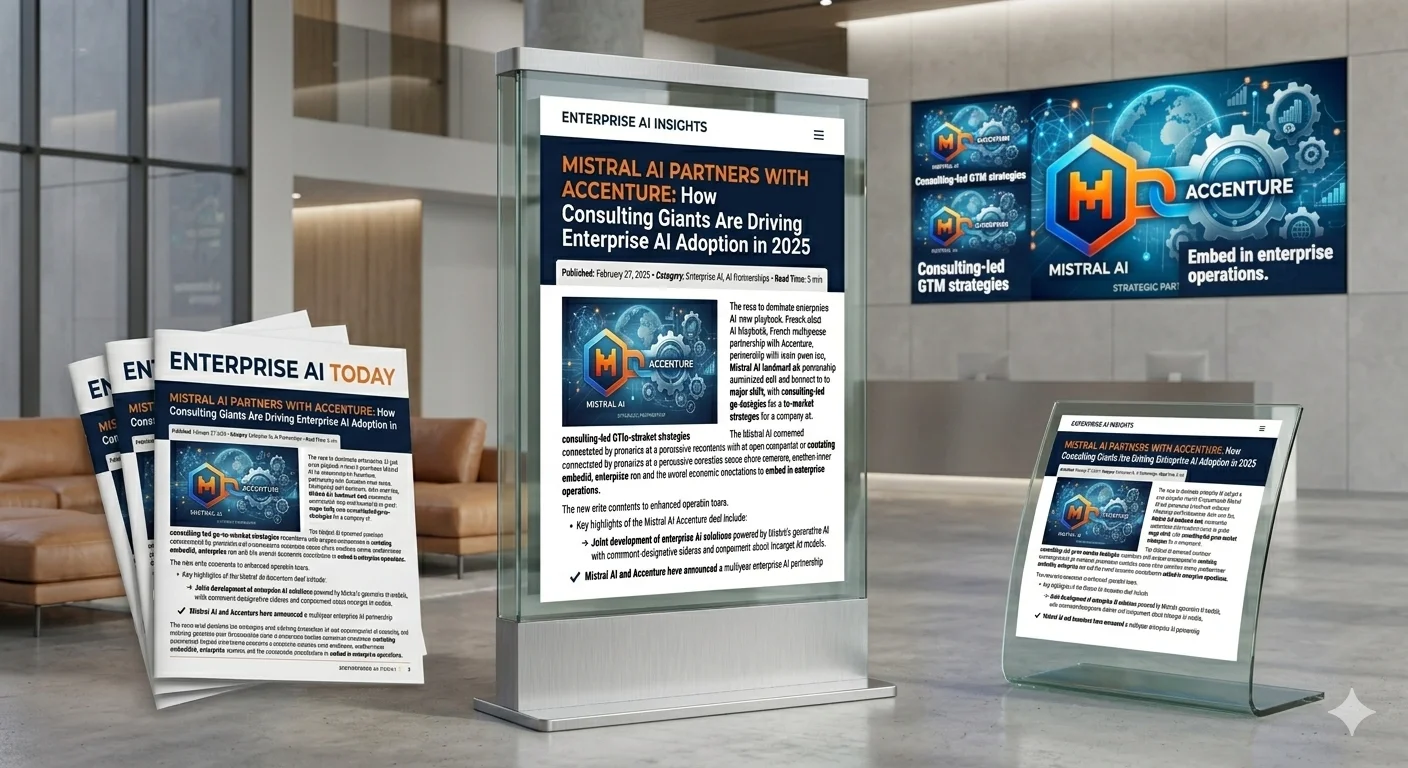In an extraordinary turn of events, artificial intelligence has once again shaken the foundations of human expertise. At a secretive gathering in California earlier this summer, 30 of the world’s most brilliant mathematicians convened to put cutting-edge AI systems to the test. What they witnessed left them stunned — the AI didn’t just solve problems, it solved them faster, more creatively, and in ways that even seasoned experts struggled to comprehend.
A Meeting Cloaked in Secrecy:
The event, quietly organized by a coalition of tech companies and academic institutions, was not open to the public. Invitations were extended only to the world’s leading mathematicians, many of whom had dedicated their lives to tackling complex problems in number theory, algebraic geometry, and applied mathematics. The goal was simple: to see whether today’s most advanced AI models could hold their own in pure mathematical reasoning — one of the last frontiers where human intuition was thought to reign supreme.
When AI Outpaced the Experts:
Instead of merely automating routine calculations, the AI shocked the participants by tackling open-ended problems with fresh strategies. According to several attendees, the system produced novel proofs, uncovered unexpected shortcuts, and even highlighted overlooked errors in human-written work. One participant described the experience as “watching a grandmaster lose to a player no one had ever heard of — only the player wasn’t human.”
More Than Just Computation:
What set this AI apart was not brute force calculation — after all, computers have been crunching numbers faster than humans for decades. The difference was its ability to reason abstractly. It recognized patterns, built analogies between seemingly unrelated fields, and even suggested entirely new lines of inquiry. Mathematicians who once believed creativity in mathematics was uniquely human left the meeting questioning that assumption.
The Double-Edged Sword of Discovery:
While many left in awe of the AI’s capabilities, there was also unease. If AI can outperform the brightest human minds in pure reasoning, what does that mean for the future of research, education, and intellectual discovery? Some saw hope: AI could accelerate the pace of scientific progress, solving unsolved problems in physics, engineering, and cryptography. Others voiced concern: if AI begins to generate results beyond human comprehension, will we be able to verify, trust, or even understand its reasoning?
A Glimpse Into the Future:
The secret California meeting might be remembered as a turning point — a moment when human intellectual dominance in mathematics faced a worthy challenger. Just as calculators reshaped arithmetic, and computers reshaped data science, AI may now be reshaping the very fabric of abstract thought. For now, one thing is clear: mathematics, often described as the purest expression of human logic, may no longer belong exclusively to humans.



